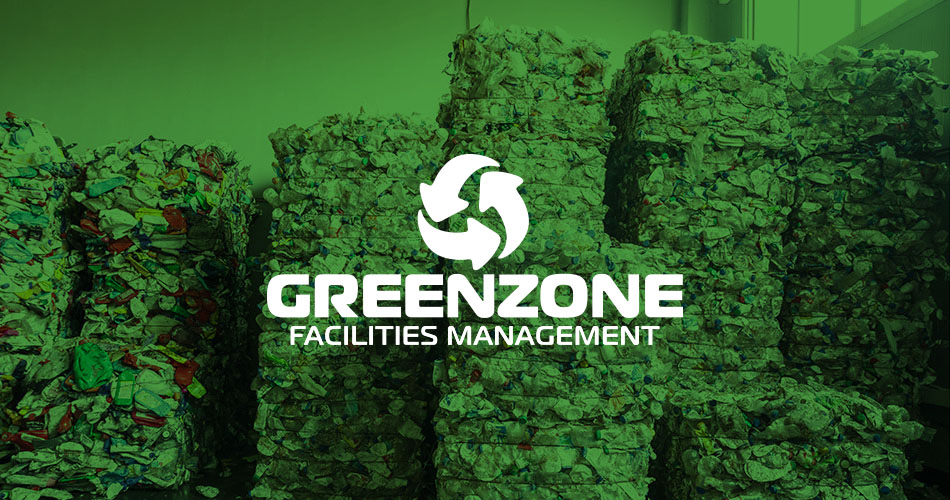Initial reaction to the targets, published this morning (9 November) and seen below, is that there is a “significant” 4% rise for paper in both 2021 and 2022, and glass remelt has also seen a large rise moving from 67% in 2020 to 72% next year.
The biggest fall can be seen for wood, which has dropped from 48% to 35% in line with EU targets, which is thought to reflect the demand for a large amount of material being used by the biomass sector and potential errors in past years when the targets were higher than those in EU nations.
Recovery
Defra confirmed that in line with the proposals in the consultation and the EU Directive on packaging and packaging waste, “there is no longer a target for recovery of packaging waste and so no recovery obligation for 2021 and 2022”.“The targets refer solely to recycling,” Defra added, explaining that there will be no accreditation for recovery operators for 2021 and 2022.
In cases where the material specific obligation is higher than the obligation generated by the overall recycling target, the higher amount shall apply when calculating a producer recycling obligation.
Provisional
The targets are somewhat different to those proposed in a Defra consultation document in February 2019.For example, glass targets have been reduced from a proposed 84% in 2021 and 87% in 2022 to 81% and 82% respectively.
Plastic targets have been cut from a proposed 61% in 2021 and 65% in 2022, to 59% and 61% in the confirmed targets.
There have also been reductions in the steel targets —from a proposed 88% in 2021 and 90% in 2022 to 86% and 88% — and glass remelt, which dropped from 84% in 2020 and 87% in 2021 to 81% and 82% respectively.
Paper, wood and aluminium were unchanged from the proposed targets.
Orginal Source

